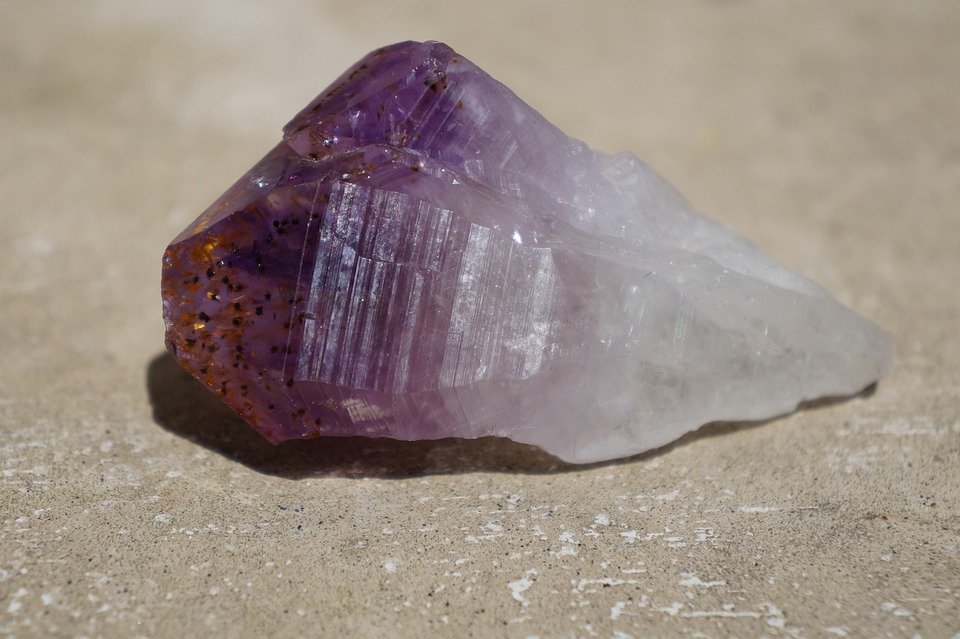Anxiety and depression are two of the most common mental health issues affecting millions of people worldwide. While conventional treatments such as medication and therapy can be effective, many individuals are turning to alternative therapies like Reiki to manage their symptoms. But can energy healing really help alleviate anxiety and depression? In this article, we’ll delve into the world of Reiki and explore its potential benefits for mental health.
What is Reiki?
Reiki is a form of energy healing that originated in Japan in the early 20th century. The term “Reiki” is derived from two Japanese words: “rei,” meaning universal, and “ki,” meaning life energy. Reiki practitioners believe that the transfer of energy from the practitioner’s hands to the client’s body can help restore balance and promote healing. This non-invasive, holistic approach to health focuses on channeling and balancing the body’s energy to stimulate its natural healing processes.
How Does Reiki Work?
During a Reiki session, the practitioner places their hands on or above specific positions on the client’s body, typically corresponding to the chakras or energy centers. The practitioner acts as a conduit for the universal life energy, allowing it to flow through their hands and into the client’s body. This energy transfer is believed to help clear blockages, balance the energy flow, and promote relaxation, reducing stress and anxiety.
Reiki for Anxiety
Anxiety is a state of heightened arousal, often characterized by feelings of worry, fear, and unease. Reiki can help alleviate anxiety by promoting relaxation and reducing stress. The calming effects of Reiki can help slow down the heart rate, lower blood pressure, and quiet the mind, making it an effective complementary therapy for anxiety management. Some benefits of Reiki for anxiety include:
- Reduced symptoms of anxiety and panic attacks
- Improved mood and emotional well-being
- Enhanced relaxation and stress reduction
- Increased sense of calm and clarity
Reiki for Depression
Depression is a complex mental health condition characterized by persistent feelings of sadness, hopelessness, and loss of interest in activities. Reiki can help alleviate depressive symptoms by promoting emotional balance and well-being. The energy healing properties of Reiki can help:
- Reduce symptoms of depression and sadness
- Improve mood and emotional regulation
- Enhance self-esteem and confidence
- Increase sense of purpose and meaning
The Science Behind Reiki
While the scientific community has not fully recognized Reiki as a evidence-based treatment, research suggests that energy healing can have a positive impact on mental health. Studies have shown that Reiki can:
- Reduce cortisol levels, a hormone associated with stress
- Lower blood pressure and heart rate
- Improve mood and reduce symptoms of anxiety and depression
- Enhance immune function and overall well-being
Conclusion
Reiki is a holistic, non-invasive approach to energy healing that can be a valuable complementary therapy for anxiety and depression. While it may not replace conventional treatments, Reiki can help alleviate symptoms, promote relaxation, and enhance overall well-being. If you’re considering Reiki for anxiety or depression, consult with a licensed practitioner and discuss how Reiki can be incorporated into your treatment plan. Remember, energy healing is not a replacement for medical care, but rather a supportive tool to promote mental health and wellness.
As with any alternative therapy, it’s essential to approach Reiki with an open mind and a critical perspective. By combining Reiki with conventional treatments and a healthy lifestyle, you may find that energy healing can be a powerful tool in your journey towards mental health and wellness.


Leave a Reply